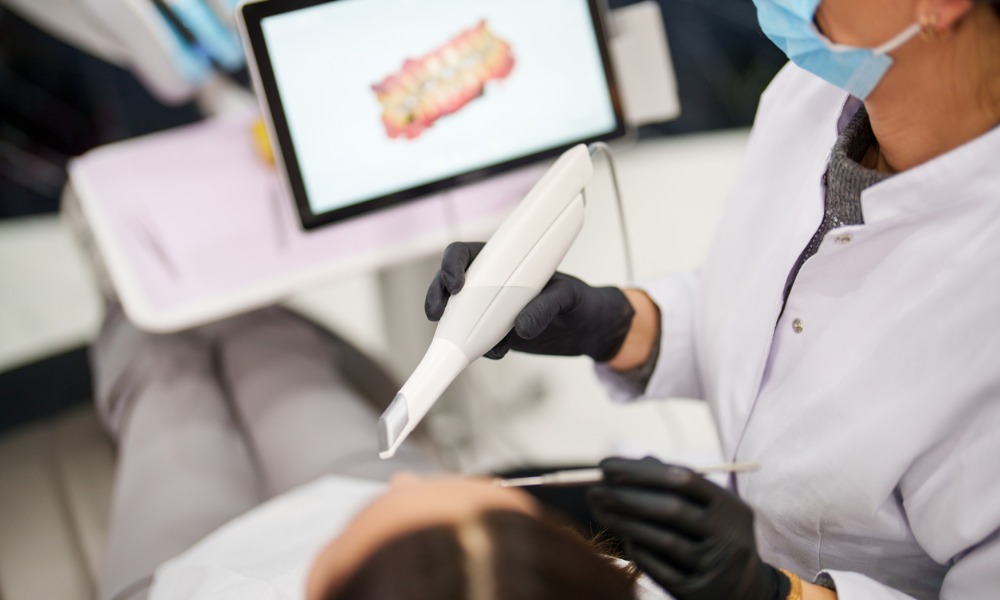Oral health professionals unite to 'counter misinformation' about the CDCP and encourage dentist participation

A coalition of oral health-care providers is challenging what they see as misinformation about the Canadian Dental Care Plan (CDCP), reportedly spread by dental associations, according to CBC.
Kelly Mansfield, president of the Canadian Dental Assistants' Association, criticized dentists' claims of administrative burdens, saying, “I don't understand how dentists are saying it's an administrative burden when they haven't even registered or tried to submit a claim. We're not seeing any issues.”
National associations for dental assistants, hygienists, and denturists report positive experiences with the CDCP, which began covering seniors on May 1.
These groups will hold an online information session this Tuesday, hosted by the Canadian Health Coalition, to dispel myths about the CDCP and encourage more dentists to join.
Despite this, dental associations continue to express concerns about the program, with many presidents refusing to sign up to treat CDCP patients in their clinics. The $13bn CDCP aims to cover dental procedures for low- and middle-income residents who lack private insurance.
Health Canada states that nearly 50 percent of oral health care providers, including 12,000 dentists, hygienists, denturists, and specialists, have registered for the program.
Sylvie Martel, director of dental hygiene practice at the Canadian Dental Hygienists Association, highlighted that about 70 percent of eligible independent hygienists are participating.
“We embrace the program,” Martel said. “It's not perfect, but it is helping many vulnerable Canadians who have never visited a dental clinic before.”
Martel acknowledged that dental associations describe the program as complicated and time-consuming. However, she remarked, “What we've heard from our members is that it is no different than processing a claim from another dental insurance company.”
Jaro Wojcicki, president of the Denturist Association of Canada and owner of a denture clinic in Penetanguishene, Ontario, reported that about 80 percent of denturists are participating. He noted that some offices are required to verify claims by showing chart notes, adding extra work.
Despite this, Wojcicki supports the verification process, stating, “It's taxpayers' funds.” Overall, he described the program as positive, with reimbursements occurring faster than some private insurance plans. “For me and my practice, it's been excellent. Patients are excited, thrilled, and thankful.”
Wojcicki did mention issues when dentists do not participate in the program, causing friction for mutual patients. He encouraged providers to research and make informed decisions rather than relying solely on association statements.
The Canadian Dental Association blames the federal government's lack of clarity for the misinformation, leading to patient confusion and extra work for dental clinics.
Association president Joel Antel acknowledged Ottawa's efforts to simplify the program and improve coverage, expressing hope that these changes might encourage more dentists to participate.
“Each dentist will have to decide whether to participate in the CDCP and what is best for their practice and their patients,” Antel stated.
Brandon Doucet, founder of the Coalition for Dental Care, compared the current pushback from dentists to the opposition doctors faced when universal health care was introduced in the 1960s.
He warned that without more dentist participation, the program could fail, making it easier for the Conservatives to dismantle it.
A spokesperson for Conservative health critic Stephen Ellis criticized the Trudeau government's handling of the program, calling it flawed from the start and questioning its administration.



